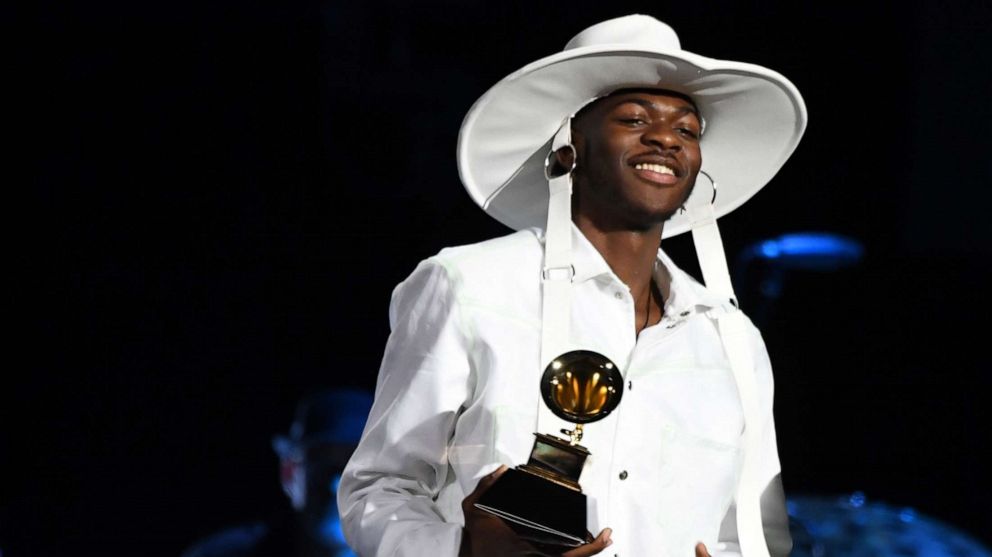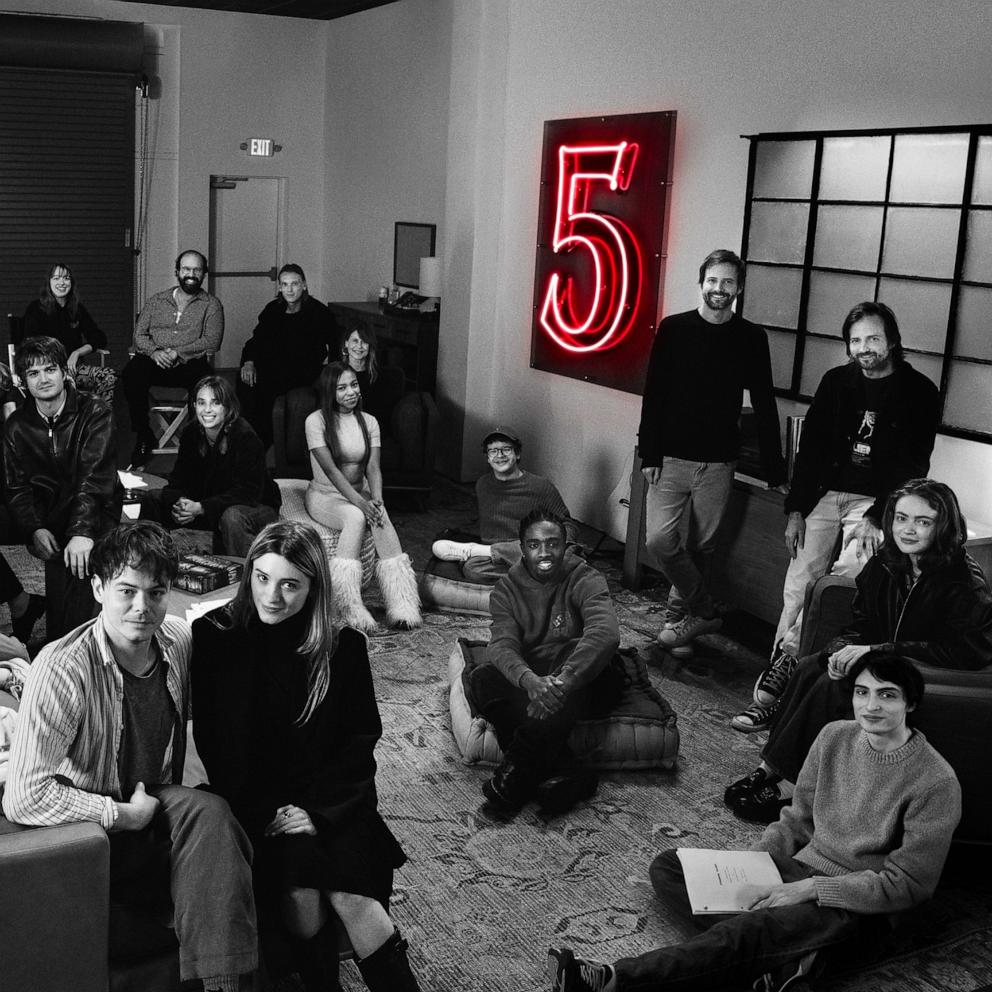Lil Nas X embraces sexuality, sparks Satanic panic online with new music video
Lil Nas X is no stranger to pushing the boundaries.
The 21-year-old pop star became a household name with his hit 2019 song “Old Town Road,” which stirred debate on the subjects of race and what qualifies as country music. His latest music video is sparking controversy again, with some conservative Christian critics saying it went too far.
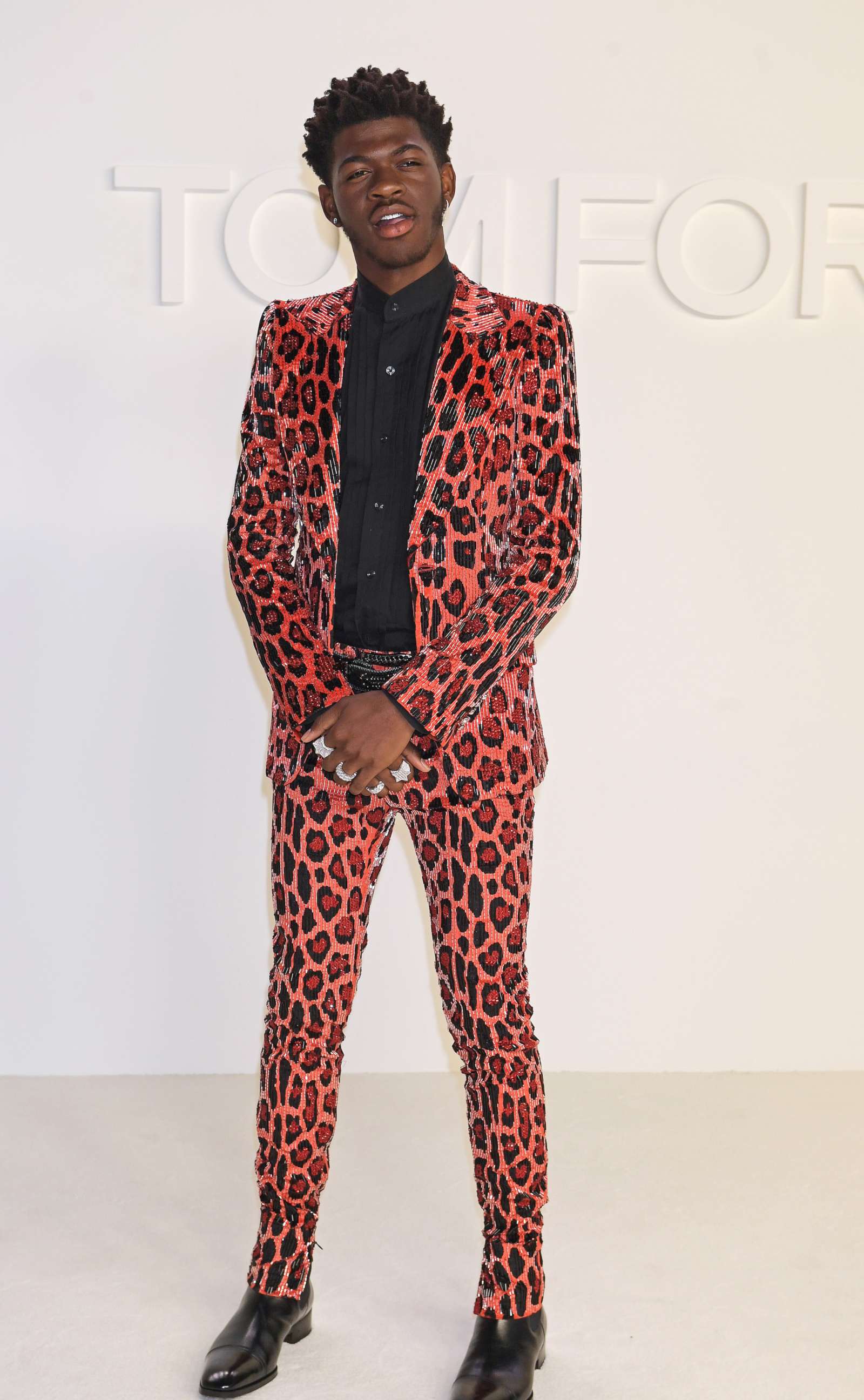
Lil Nas X released his latest song, “Montero (Call Me By Your Name),” on March 26. Part of the music video portrays Lil Nas X, who is openly gay, being seduced in the Garden of Eden, sliding down a pole from heaven to hell and twerking on Satan’s lap. In just three days, the racy music video amassed over 38 million views on YouTube.
“Lil Nas X appeals to Lil Nas X fans, and there are a lot of them,” said Joe Levy, Billboard magazine’s editor at large. “These are people who like what he does, and what he does is as much about the internet and as much about the visuals as it is about the music.”
The music video sparked an explosion on social media as fans and critics reacted to the evangelical imagery, and some members of the Christian community were outraged.
Pastor Mark Burns, a minister at the Harvest Praise and Worship Center in Easley, South Carolina, said the video made him feel “disgusted at the highest level.”
“He has a constitutional right to do so, to say so, just as we Christians have a constitutional right to practice our faith,” Burns said. “Having said that, it is still disgusting to see a lot of us acting as though he is not having intercourse with Satan on television.”
Burns said he became concerned after watching the music video and seeing Lil Nas X advertising so-called “Satan shoes.”
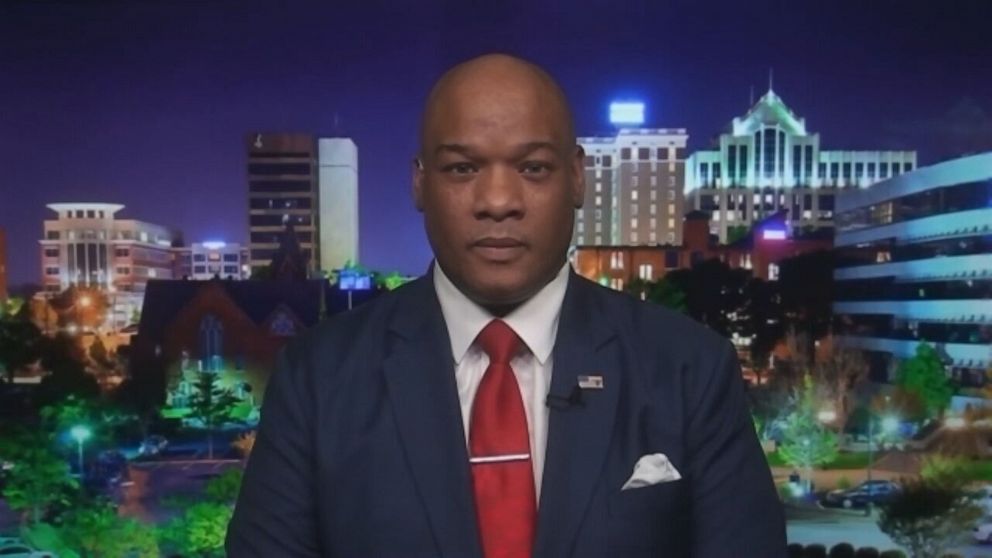
Made by the company MSCHF, the shoes are a modified Nike Air Max retailing for $1,018 with the Bible verse Luke 10:18 written on the toe and an upside down cross and pentagram on the tongue -- the latter of which has been associated with Satan. Each shoe is even allegedly made with one drop of human blood. MSCHF said the shoes -- 666 of which were made -- sold out in less than a minute.
“As long as Lil Nas X is promoting what we consider one of the most damaging images in our culture, which is Satan and to glorify Satan, if that’s his belief system, he has a right to worship whoever he wants to worship, but we have a right to not buy his products,” Burns said. “We have a right to go after the corporations that support him and back him.”
Nike said in a statement Monday that it is suing MSCHF, saying that “Nike is in no way connected with this project” and that it did “not approve or authorize” the making of the shoes in any way.
In a press release from Lil Nas X, the artist suggested that the imagery in the music video was intended to address homophobia. He said he was harnessing “his sexuality to seduce the devil and strip [him] of his power as an evil force” while also “dismantling the throne of judgement and punishment that has kept many of us from embracing our true selves.”

Burns said he believes there is a better way to promote that message.
“There are other ways to do that. You could use love. You can use togetherness,” he said. “I'm against any attack, verbally and physically, against any LGBT, LGBTQ community member in this country. But there's a better way to communicate.”
In response to the controversy, Lil Nas X tweeted a letter he’d written to his 14-year-old self, saying in part that “this will open doors for many other queer people to simply exist.”
Sarah Marshall is co-host of the pop culture podcast “You’re Wrong About,” which examines major cultural events from the past. She said that the video is sending a message to the youth that they “can find strength in being exactly who you are, whoever that is,” and that the reaction to it is just another example of the “Satanic panic” phenomenon.
“It’s always related to the idea that youth culture is becoming too powerful and transgressive and also that American sexuality is becoming too shameless,” Marshall said.
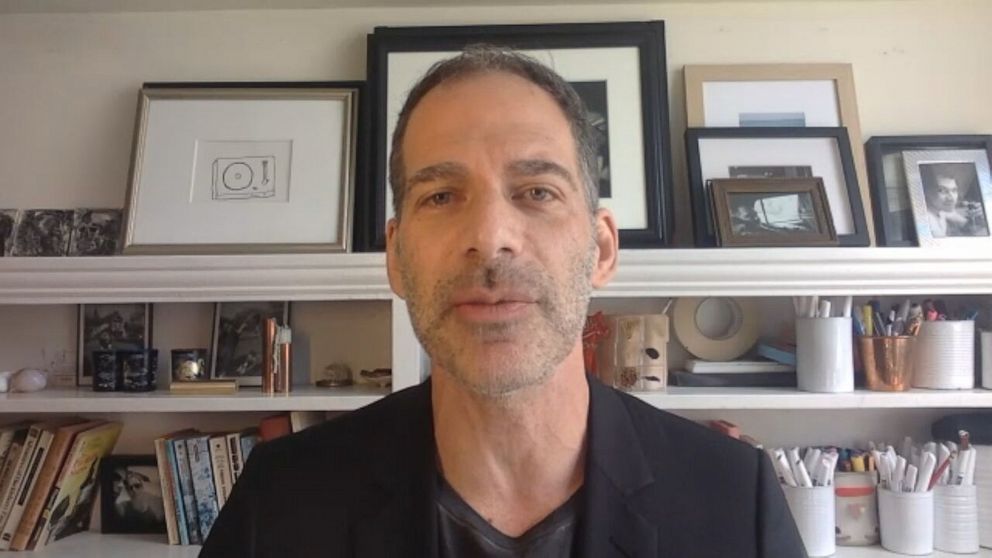
Lil Nas X is not the first artist to use religious references to push boundaries in his music; Madonna’s “Like a Prayer” and the Rolling Stones’ “Sympathy for the Devil” also sparked controversy.
“There's just nothing new about this at all,” Levy said. “In fact, it’s so much a common trope of rock-and-roll that we have to conclude that Lil Nas X knew exactly what he was doing. He was invoking this heritage.”
He went on, “He’s conscious of what he’s doing and he’s doing it in a particular way, and that means that he is attempting to control the narrative. But it’s a big world, it’s a big audience and it’s a big narrative.”
Just two years ago, Lil Nas X, whose real name is Montero Lamar Hill, was a college drop-out living on his sister’s couch in Atlanta. But he had dreams of making it big.
“Life was me moving from sibling to sibling house ... promoting my music through Twitter and barely getting a reaction out of anything,” he told ABC News in 2019.
The artist’s persistence paid off when the song, "Old Town Road," went viral on TikTok and subsequently climbed to the 19th spot on Billboard’s country music chart. Less than a week later, the song was removed from the chart. In a statement, Billboard said that the track “does not embrace enough elements of today’s country music to chart in its current version.”
The decision sparked outrage online, which caught the attention of country music legend Billy Ray Cyrus, who tweeted his support for Lil Nas X. The two then teamed up for the now-famous remix of the song.
As Lil Nas X continues to blur the lines between hip-hop and country music, internet troll and global star, and now, heaven and hell, one thing is clear: people are still talking about him.
“I think it’s a really beautiful video, and it feels like we are being asked to witness and appreciate a sexuality that just has not been passed around Twitter and shown to everyone in this way before,” Marshall said. “And that feels, to me, like a brilliant maneuver to make something beautiful and inspiring.”
